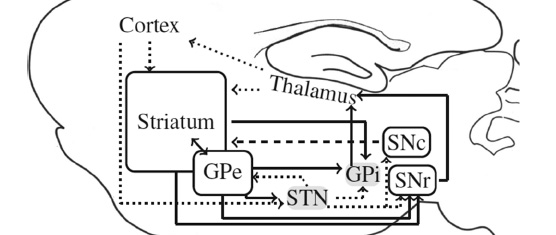
Abstract
The globus pallidus internus (GPi) is the main output nucleus of the basal ganglia, which is associated with a variety of functions including motor performance and cognition. The GPi is one of the primary targets of deep brain stimulation (DBS) in patients with movement disorders. However, the therapeutic mechanism of GPi-DBS is poorly understood and rodent models have not been characterized. Cognitive side effects, such as impulsivity and depression, of DBS treatment for Parkinson’s disease are known, but their relationship to the efficacy of the treatment is not well explained. The goal of this study is to illuminate the effects of GPi-DBS on both motor and cognitive function in a hemi-Parkinsonian rat model. In this work, we study the motor performance of the rodents in multiple behaviors, as well as of impulsivity and depression, and consider the relationship between these behavioral variables and the stimulation frequency of the DBS signal. For the first time, the connection is directly established between stimulating the GPi, motor performance and cognition is directly established in the hemi-Parkinsonian rodent model.
Full article available at IEEE Xplore.

